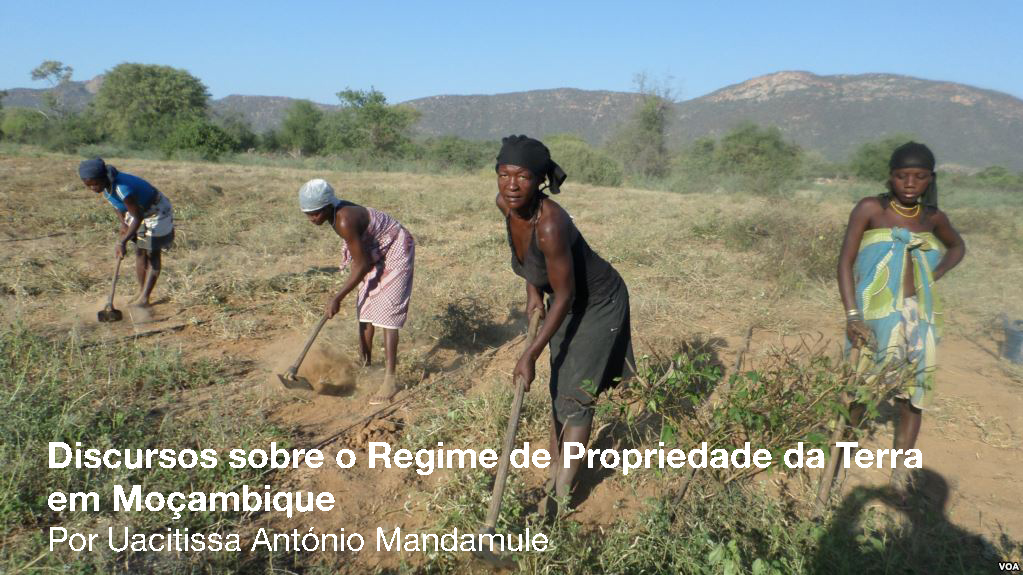Understanding and interpretation of the CFS/FAO Guidelines on the Responsible Governance of Tenure of Land, Fisheries and Forests (Tenure Guidelines or TGs) is a key factor in communities’ capabilities for collective action, especially through the organization of land pressure groups. TGs help…
Undemocratic politics, policy making and law making interpretation and implementation, prove to be drivers of land grabbing in the four country studies presented here. Food and Agricultural Organization of the United Nations (CFS/FAO) Guidelines on Responsible Governance of Tenure of Land,…
A widely held belief in Bobira is that private land is more fertile than communal land. What came to light through the workshop information sharing is that there is no difference in the type of soil in villages compared to freehold land. Any difference in soil quality is a result of how the land…
This paper deals with strategies to overcome barriers to agricultural extension and advisory services for women in agriculture. In targeting extension services towards women in the agricultural value chain, specific challenges cited in the study surveys are: small farm sizes due to lack of…
The land in fishing communities is especially susceptible to land grabbing. Findings reveal that lawlessness, ignorance of the law, unlawful evictions and increasing conflicts in fishing and farming communities, all lead to loss of access to land and fishing grounds. This report gives background…
This project brings the international soft law instrument, the Voluntary Guidelines on Responsible Governance of the Tenure of Land, Fisheries, and Forests (Tenure Guidelines or TGs) to rural communities and, together with them, uses the Guidelines to strengthen their tenure of land, fisheries…
The study focuses on impacts of PZ Wilmar’s acquisition of nearly 30,000 hectares of land. Wilmar is a multinational company involved in land grabbing cases related to oil palm plantations in Cross River State, Nigeria. The study shows the extent of Wilmar’s infringement on communal land rights…
The research project uses the United Nations Food and Agriculture Organization (FAO) Voluntary Guidelines on the Responsible Governance of Tenure of land, fisheries and forests (VGGT or Tenure Guidelines) as a tool to assess the impact of various governance frameworks on small scale fishing…
This policy brief serves to aid policy for land management especially in Cross River State, Nigeria. Following incessant conflicts between communities and investors (individuals, companies, multinational etc.) within the rainforest communities in Nigeria, and Cross River state in particular,…
This policy brief outlines recommendations resulting from a three-year action research programme undertaken by civil society organizations in collaboration with threatened communities of smallholder farmers and fishers. Through participatory action research, local organizations and communities…
In fishing communities the contentious acquisition of land close to water bodies is especially relevant. Water grabbing has serious implications for basic human rights including the right to water, food, health, livelihood, and self-determination. Land grabbing is driven by the desire to control…
Os discursos e posicionamentos sobre o regime de propriedade da terra em Moçambique não são coincidentes. Este artigo apresenta as percepções que os diferentes stakeholders (Estado, Comunidades locais, sector privado, Investidores, Sociedade Civil, etc.) envolvidos na relação com a terra possuem…












